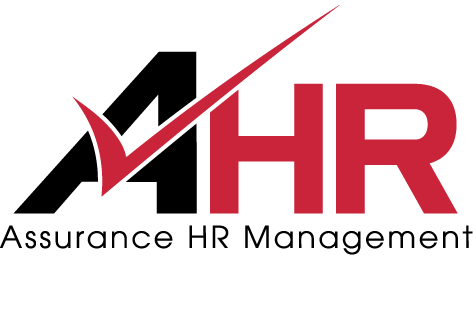What Is a Workplace Code of Conduct?
A Workplace Code of Conduct is a formal document that outlines expected standards of behaviour for employees while performing daily tasks and representing the business.
Because every organisation operates differently, each code should be tailored to reflect its unique industry, values, goals, and workplace culture. By clearly defining acceptable behaviour, a Code of Conduct helps prevent misunderstandings, promotes consistency, and supports a respectful and ethical environment.
Why a Workplace Code of Conduct Is Important
An effective Code of Conduct contributes to a positive workplace culture. Specifically, it:
- Promotes equality and fairness.
- Encourages ethical behaviour.
- Enhances respect among employees, customers, and visitors.
- Reduces the risk of misconduct and workplace disputes.
To remain relevant, employers should regularly review and update the Code to reflect current legislation and evolving expectations.
What Should Be Included in a Workplace Code of Conduct?
To ensure clarity and effectiveness, your Code of Conduct should include:
- Acceptable and unacceptable behaviours in the workplace.
- The importance of positive behaviour and its impact on workplace culture.
- Examples of misconduct and serious misconduct.
- Relevant legislation and how employees can comply.
- Business-specific values to uphold during daily activities and when representing the company.
- Ethical standards employees are expected to follow.
- Guidance on employee judgement to encourage positive outcomes.
- Suggestions for respectful treatment of colleagues, employers, customers, and visitors.
Ideally, this document should be developed collaboratively, incorporating feedback from employees across all levels. It must also align with existing workplace policies to avoid contradictions.
Employer Responsibilities
Employers are responsible for ensuring all staff are familiar with the company’s Code of Conduct. This includes:
- Providing equal access to the document, considering location and translation needs.
- Introducing the Code during onboarding, supported by resources like fact sheets, employee handbooks, or policy manuals.
- Reinforcing expectations during induction training.
Although it’s encouraged that new employees sign an acknowledgment confirming they’ve received and read the Code, there is no legal requirement to do so.
How Assurance HR Management Can Help
At Assurance HR Management, we assist businesses in developing workplace documents that reflect expectations, values, behaviours, policies, and procedures. Our team of specialists can:
- Collaborate with you to draft and finalise a tailored Code of Conduct.
- Ensure alignment with workplace legislation and existing policies.
- Support onboarding and induction processes with clear, accessible documentation.
📞 Call us today on 1800 577 515 to speak with one of our professional team members about creating or updating your Workplace Code of Conduct.





